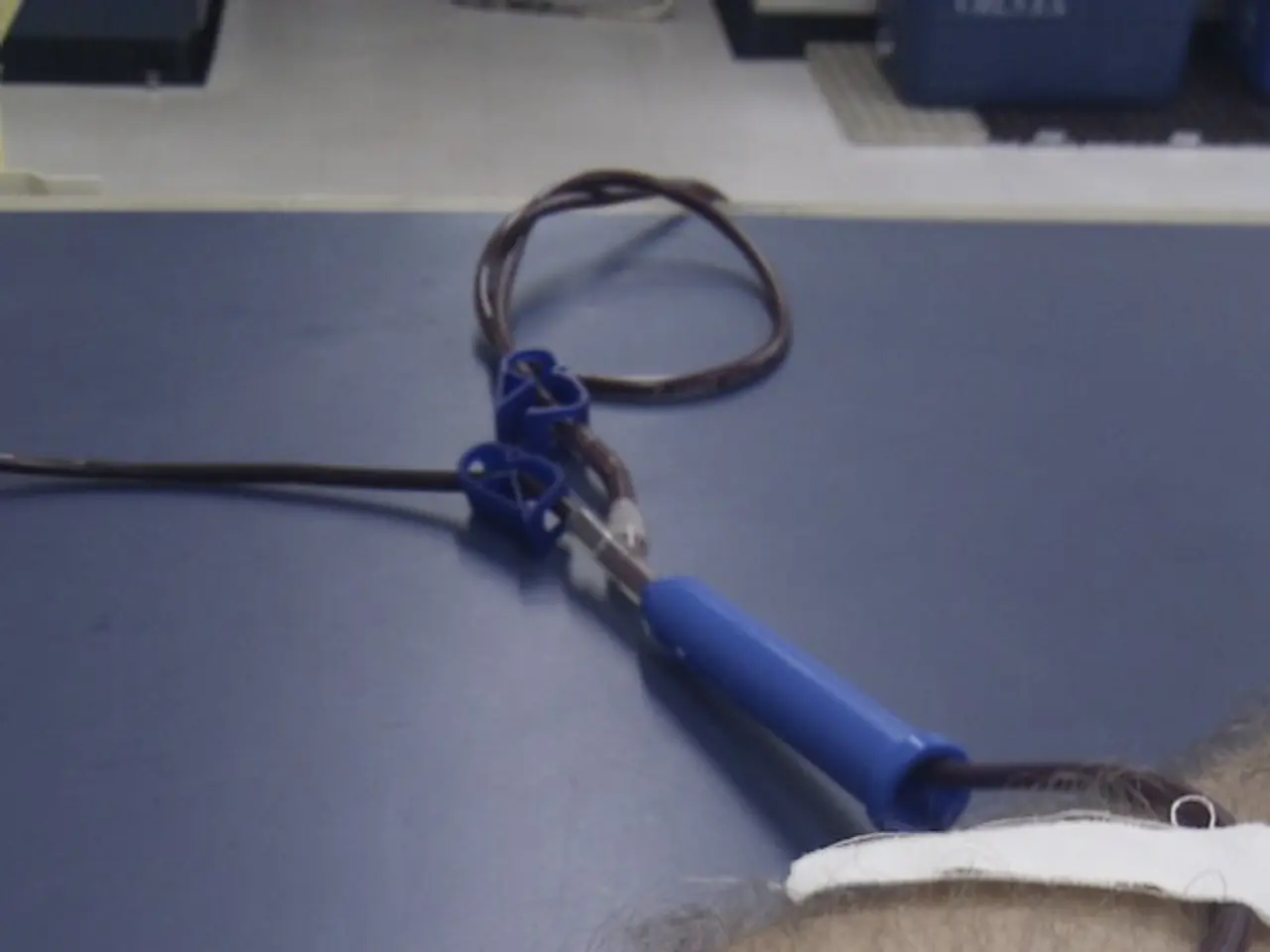Shortage of Primary Care Physicians: Laumann Advocates for Additional Efforts - Medical profession faces intense push to alleviate deficit of general practitioners, as stated by Laumann.
In North Rhine-Westphalia (NRW), a significant issue has been the general practitioner (GP) shortage. To address this, the Health Minister of NRW, Karl-Josef Laumann, introduced a new medical study with a rural quota in 2019. The program, known as the rural doctor study, aims to attract doctors to small villages and underserved regions by providing around 60,000 euros in funding.
The rural doctor study places are awarded to applicants who commit to working as a GP in an underserved region for ten years after completing their specialist training. There are ten applications for every rural doctor study place in NRW, indicating a strong interest in this program.
Laumann, a member of the CDU, has called on universities to present general medicine as an important specialty. As a result, every university with a medical program in NRW now has a professorship for general medicine. A new medical faculty has been set up in Bielefeld, NRW, to support this initiative.
The first graduates of this program will start contributing to general practice in 2026. Most students enrolled in the new medical study in NRW are older and have previously worked in health-related professions. No top Abitur or usual numerus clausus is required for the rural doctor study places, making it accessible to a wider range of applicants.
The rural doctor program in NRW also provides funding to practices in rural areas. This funding is intended to help improve the availability and quality of healthcare in these regions. In many regions of NRW, more than half of the GPs are older than 60, so the new program is crucial in ensuring a steady supply of GPs to meet the needs of the population.
Laumann believes more efforts are needed to address this shortage. He has highlighted the importance of telemedicine and asynchronous consultations in optimizing care delivery and alleviating GP workload. He has also called for workforce planning and incentives to attract and retain doctors in primary care, especially in underserved or rural areas.
The rural doctor study is just one of the initiatives being pursued to address the GP shortage in NRW. The program has been successful so far, with over 1,000 students enrolled in the new medical study. As the first graduates of the program start practicing in 2026, it is expected that they will make a significant contribution to general practice in NRW.
Read also:
- Experiencing Life's Variety Firsthand: Gaining Insights from Life's Broad Spectrum of Experiences
- Exploring the Truth Behind Gestational Diabetes Causation: Separating Facts from Fiction
- Cautionary Guide for Awareness: Ayurvedic Infant Items Octagonal for Baby's Wellness
- Food Regulatory Forecast | June 2023 Update from the UK








